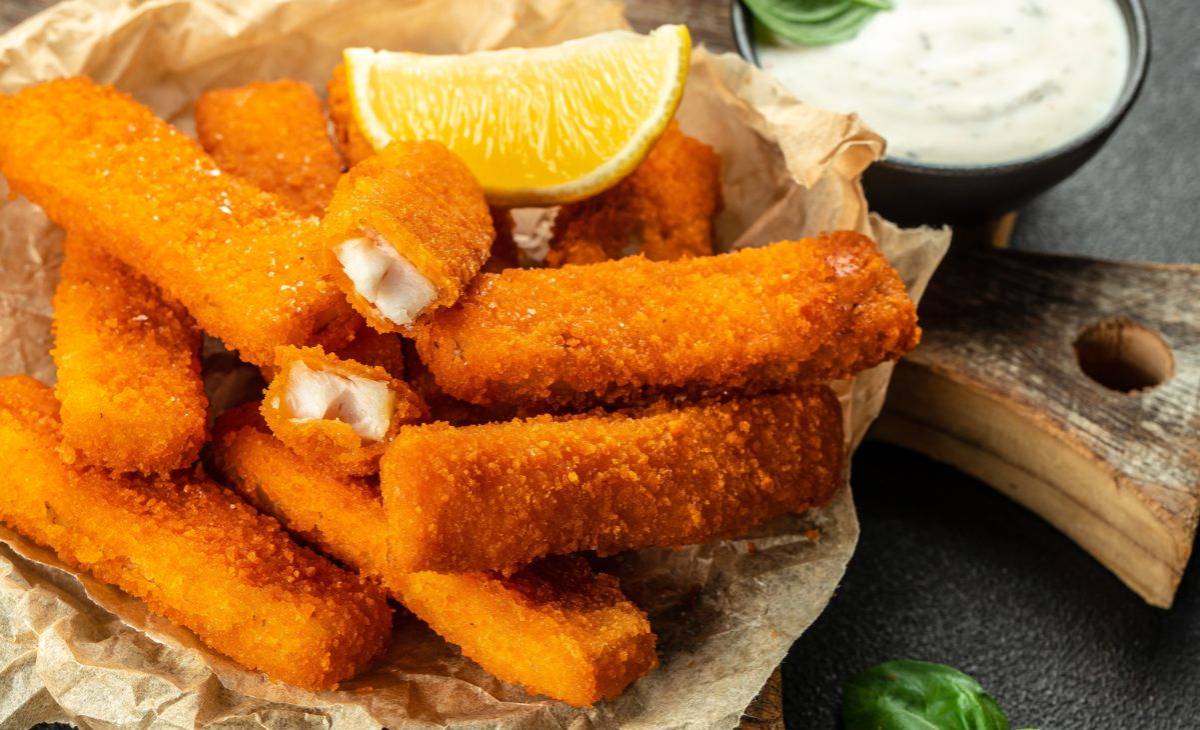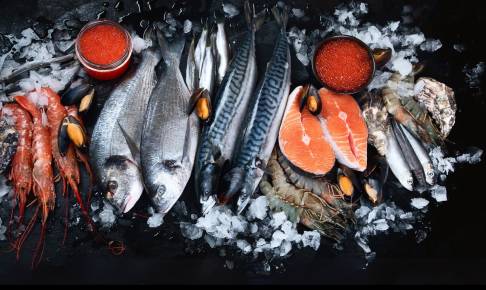Germany: test on frozen fish sticks reveals over half contain hazardous 3-MCPD
A recent report from the German consumer magazine, Oekotest, has raised concerns over the safety of frozen fish sticks, a popular item in many households. The study found that more than half of the frozen fish sticks tested contained potentially harmful levels of 3-Monochloropropane-1,2-diol (3-MCPD), a probable carcinogen.
Of the 19 brands of fish sticks evaluated, 11 were found to contain excessive amounts of 3-MCPD and, in some instances, traces of glycidol, a compound that has demonstrated mutagenic and excitatory effects in animal studies as per the European Food Safety Authority (EFSA).
Fish sticks are typically made from fish flash-frozen on large fishing vessels, then processed into sticks and pre-fried before a final freeze in on-shore factories. While the pre-frying process lasts only about thirty seconds, it's enough time for the formation of toxic substances, particularly when vegetable deep-frying fats are heated.
The International Agency for Research on Cancer has classified 3-MCPD as a possible carcinogen, and studies have shown that it may cause kidney damage in animals. EFSA has set a daily maximum intake limit for 3-MCPD. Oekotest's calculations suggest that a child weighing 30 kilograms could exceed this limit by consuming just five fish sticks.
In response to these alarming findings, some companies have submitted counter-evaluations asserting that their products fall below the maximum threshold for 3-MCPD. Many companies claim they are actively working to reduce the presence of such contaminants and glycidol by optimizing frying conditions and improving oil filtration systems.
Despite these reassurances, Oekotest declared that its results reveal no significant improvement from previous tests conducted in 2020. The 2023 analysis also detected heightened levels of mineral oil components in two brands, an issue not previously encountered.
The fish sticks tested comprised mainly of Alaska Pollock, Saithe, Cod, or Pacific Hake. All but one product were pre-fried before packaging. Six products received a "good" rating in the test, with no deductions for harmful substances and sustainable sourcing of fish from healthy stocks.
While these findings present a stark health concern, consumers can take some solace in the hygienic conditions of the fish fingers. Almost all tested samples were found to be free from roundworms and had minimal germ counts. However, one product did contain a total germ count above the guideline value of the German Society for Hygiene and Microbiology (DGHM), signaling potential hygiene errors within the production chain.
Source:






















